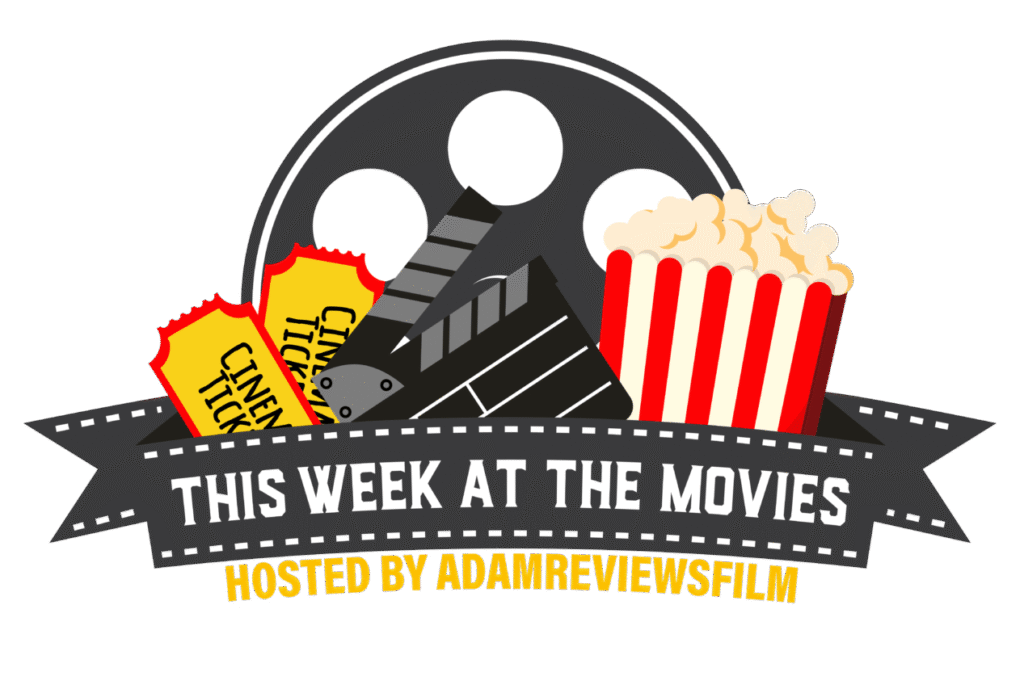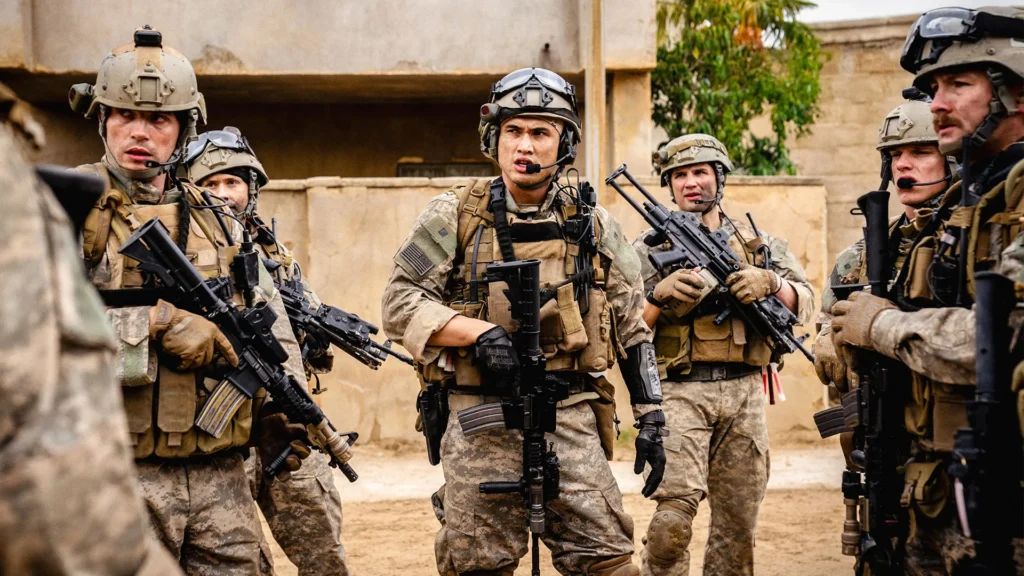
Reviews
Warfare
From Saving Private Ryan to Fury, Hollywood has tried to capture the horror of war, but few films have come as close to the raw realism, brutal intensity, and emotional nuance offered by 2025’s Warfare. As a veteran, I was deeply moved by its authenticity and the respect it shows for the soldiers’ experience. This isn’t just a war movie, it’s a visceral reminder of what it feels like to be in and out of combat. Co-written and co-directed by Ray Mendoza, a former Navy SEAL, Warfare draws directly from his own experience in the Iraq War, and the tense aftermath of the Battle of Ramadi in November 2006. Mendoza teams up with Alex Garland, fresh off the back of his provocative Civil War, and their collaboration results in a film that balances technical precision with emotional weight.
The film opens with a scene of a group of soldiers dancing and singing along to Eric Prydz’s Call On Me. On the surface, it’s a lighthearted beginning before a deployment, but beneath it lies a powerful truth; it’s in such fleeting, joyful moments that the camaraderie of war is forged, and Warfare captures that idea with remarkable sensitivity. The rest of the film is drawn entirely from the memories of the soldiers who lived through the mission. Unlike many war movies that rely on backstories, extensive exposition, or forced character arcs, Warfare strips all that away. There’s no narrative padding, just the stark, often monotonous reality of most missions in the military, where hours are spent waiting, watching, and hoping nothing happens.
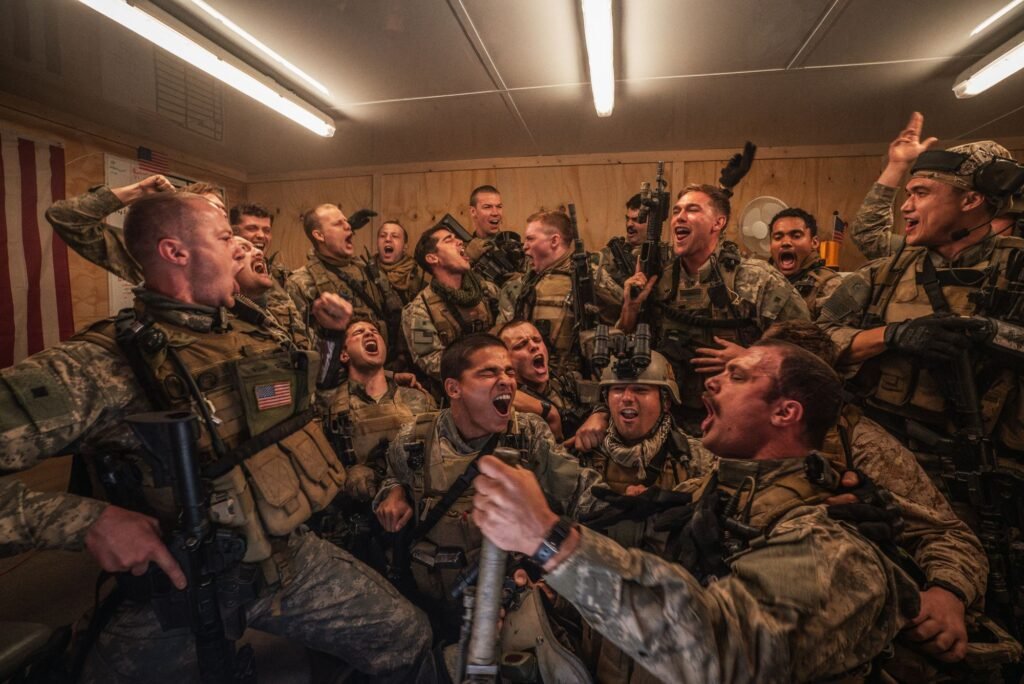
One of the first things I was taught in the military was: ‘Absence of the norm means presence of the abnorm.’ That lesson echoes throughout Warfare. Mendoza and Garland capture the creeping sense of unease that settles over the soldiers when something doesn’t feel right. As the film progresses, the tension builds steadily, almost imperceptibly, until it finally boils over into the chaos of battle. It’s not just suspenseful, it’s familiar in a way that only those who’ve had that experience will fully recognize.Once the battle begins, Warfare reaches a level of intensity I’ve rarely, if ever, seen on screen. A huge part of that is due to its mesmerising sound design. The gunfire, the explosions, the muffled confusion as soldiers are thrown into chaos, it feels brutally authentic. The disorientation, fear, and adrenaline are captured not just through visuals, but through sound design that places the viewer right in the middle of the action, the kind of technical achievement that absolutely deserves awards recognition come next season.
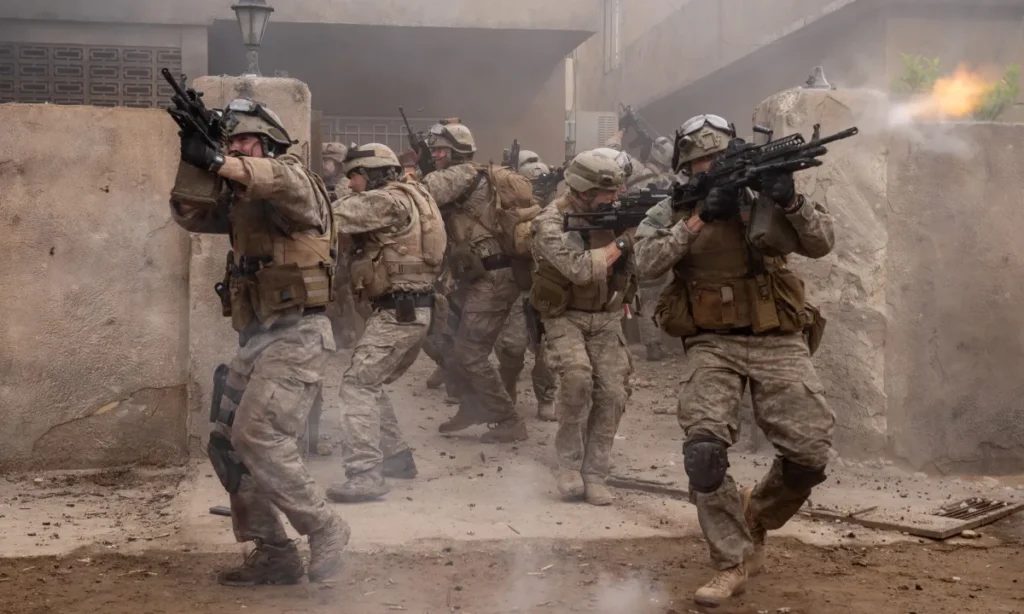
Just as much credit belongs to the cast. Led by Will Poulter, Joseph Quinn, Charles Melton, D’Pharoah Woon-A-Tai, and Kit Connor, every actor delivers a remarkably committed performance. With Warfare largely forgoing traditional character development, the film’s success hinges on whether these performers can convincingly embody real soldiers and they absolutely do. Each one feels authentic and grounded. The movie also deserves credit for refusing to glamorise the conflict. Where many Hollywood war films risk veering into Western propaganda, this film is fixed firmly on the soldiers’ immediate struggle to survive. There’s no political posturing or justification, which is remarkable, considering the Iraq War remains one of the most controversial in modern history. Instead, Warfare becomes a powerful anti-war statement. By the end, as both soldiers and civilians are left shattered, with both sides left questioning; what was the point in it all?
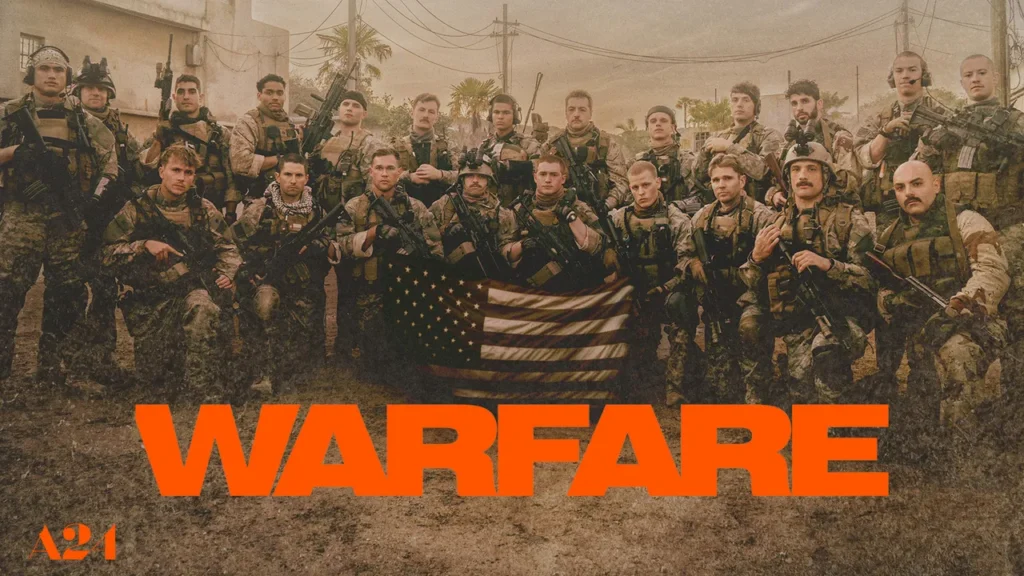
Warfare will go down as one of the most impressive technical achievements in the history of war films, delivering the most accurate and realistic depiction of combat I’ve ever seen. Its message is clear and uncompromising: this war happened, it happened to these men, and it is the Iraqi civilians who are left to live with its consequences. This film won’t be for everyone, but for me, it stands as one of the greatest war films ever made.
